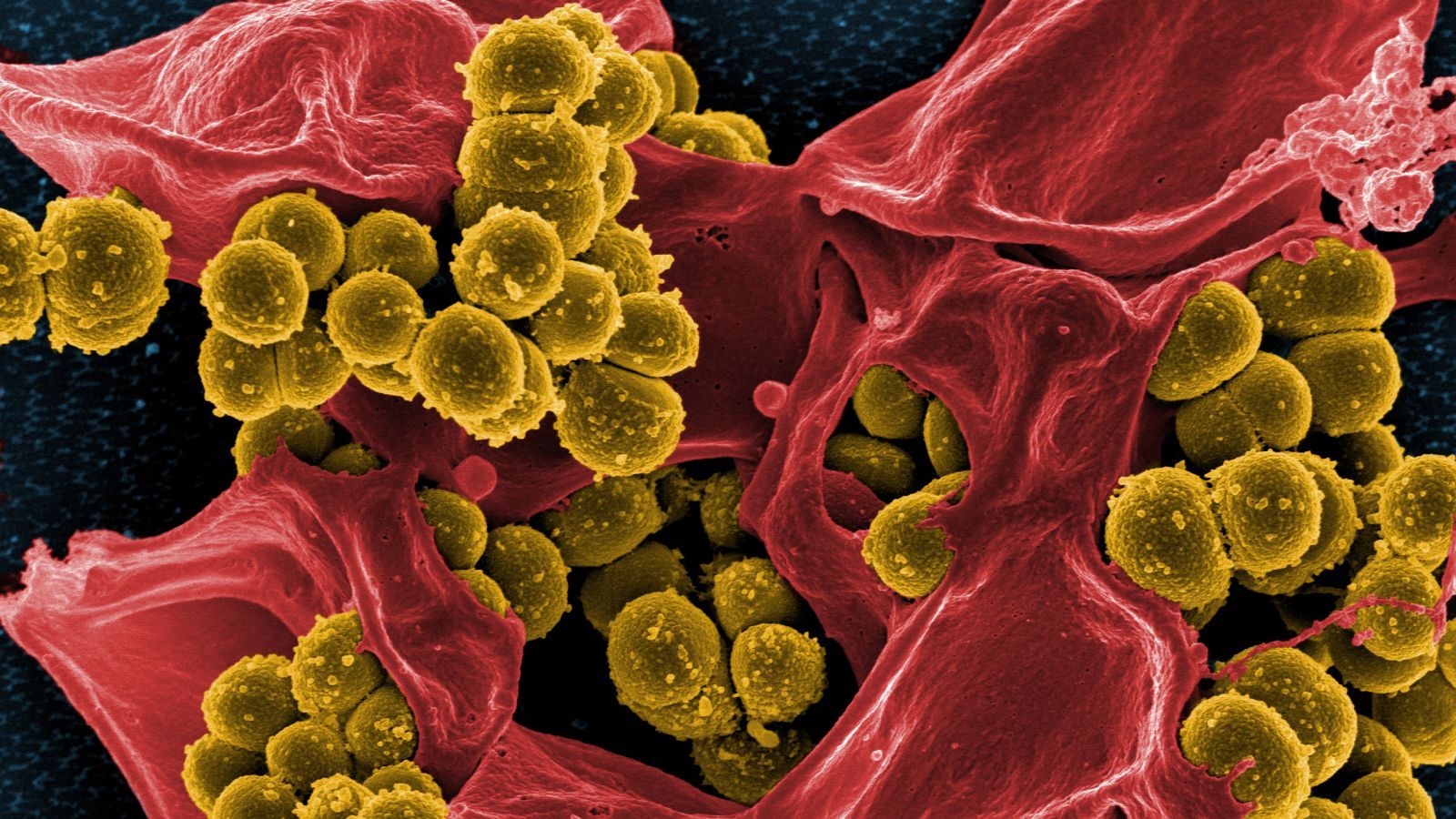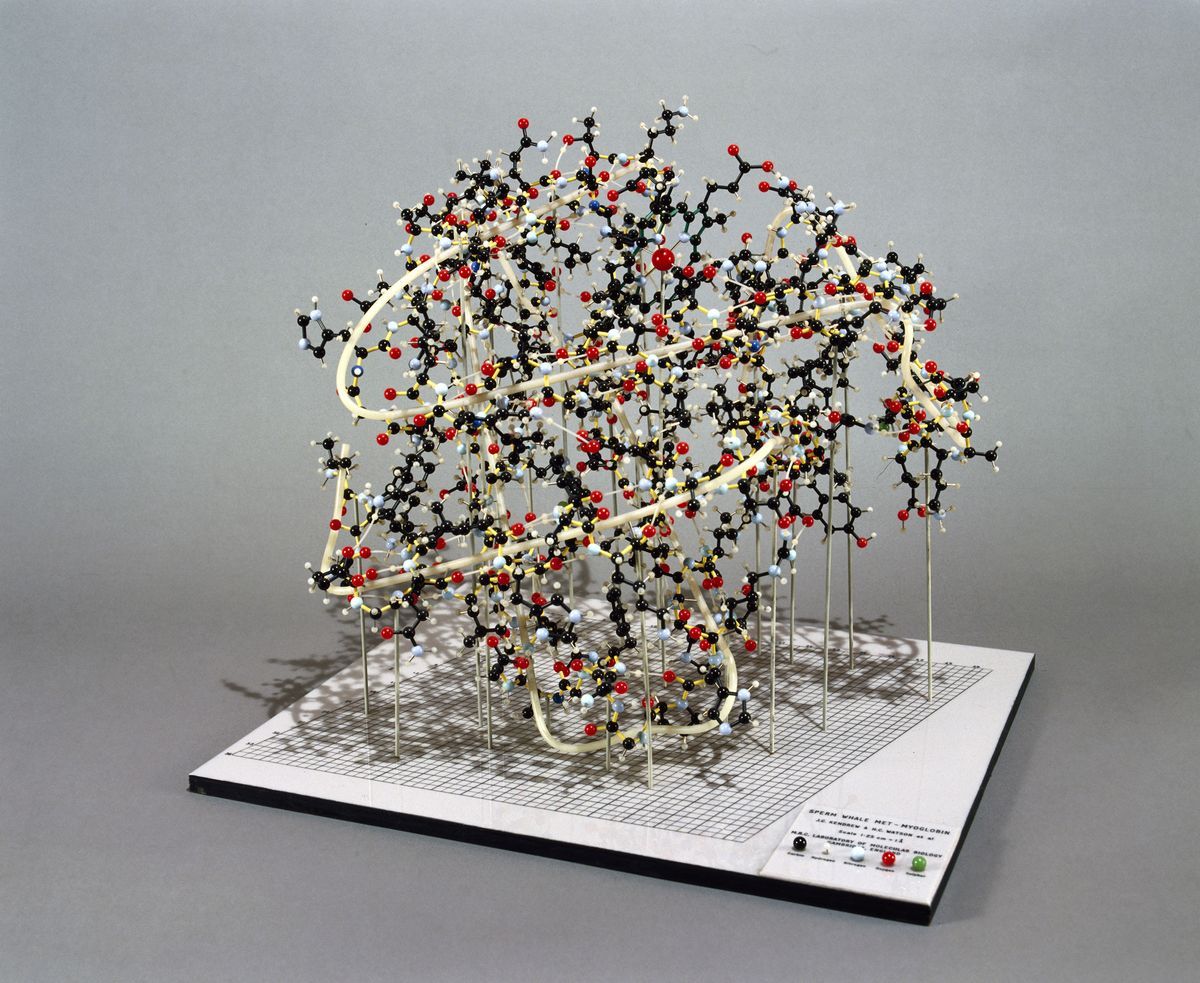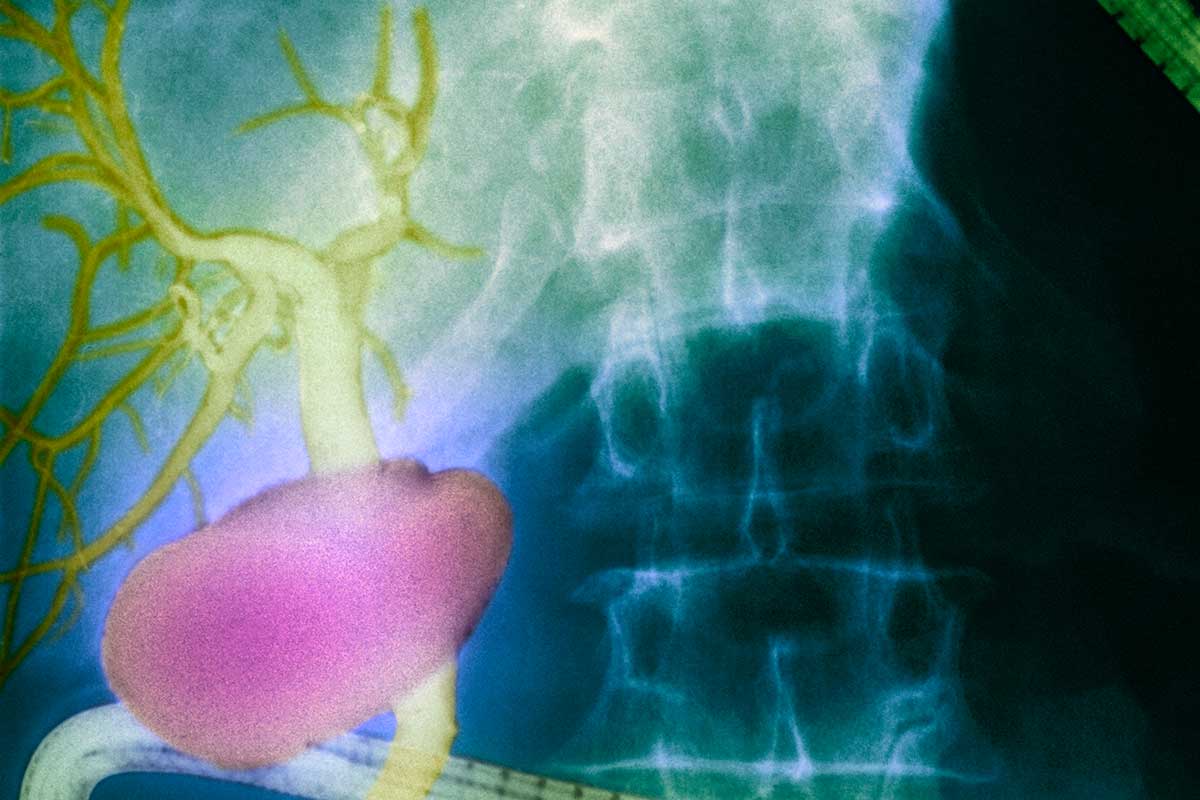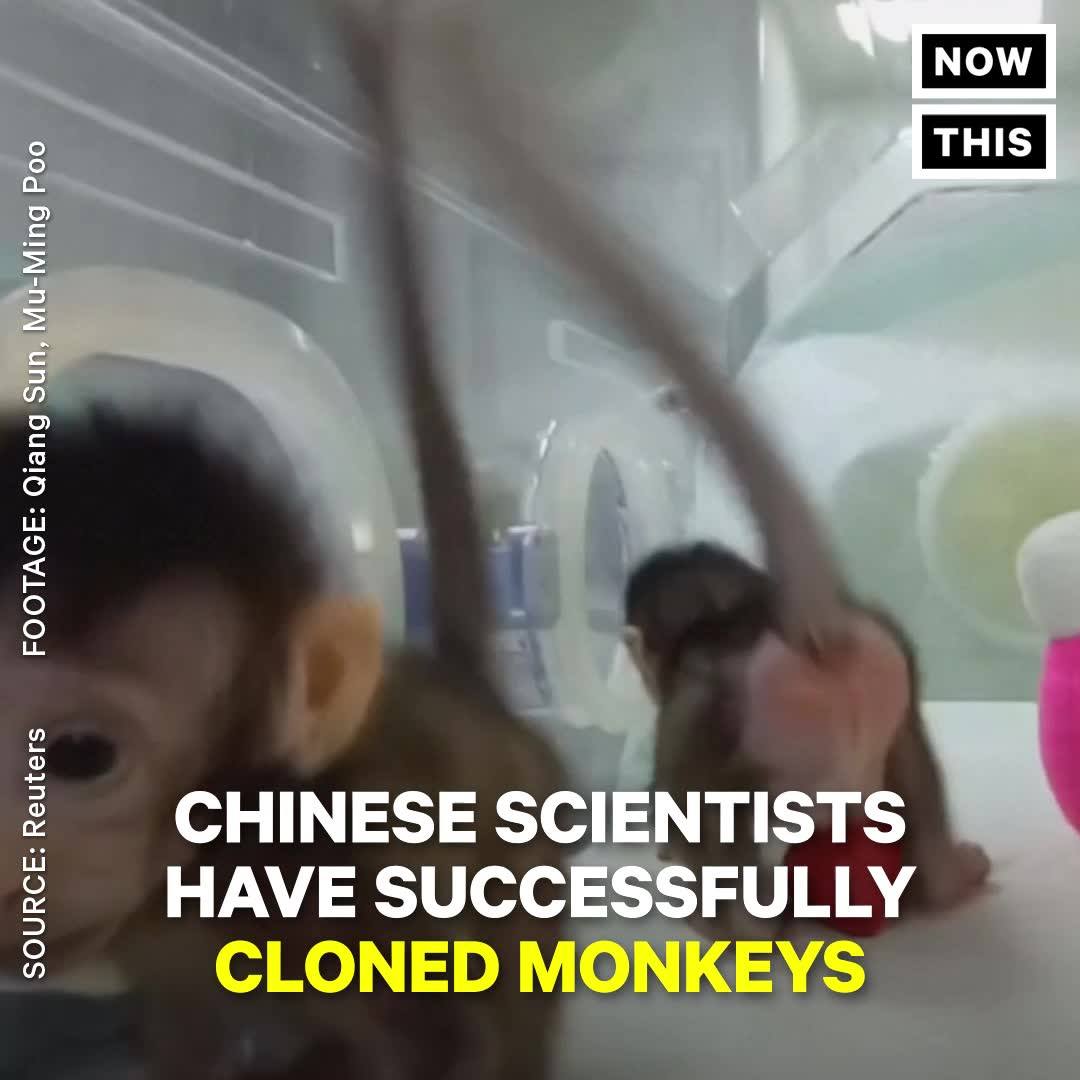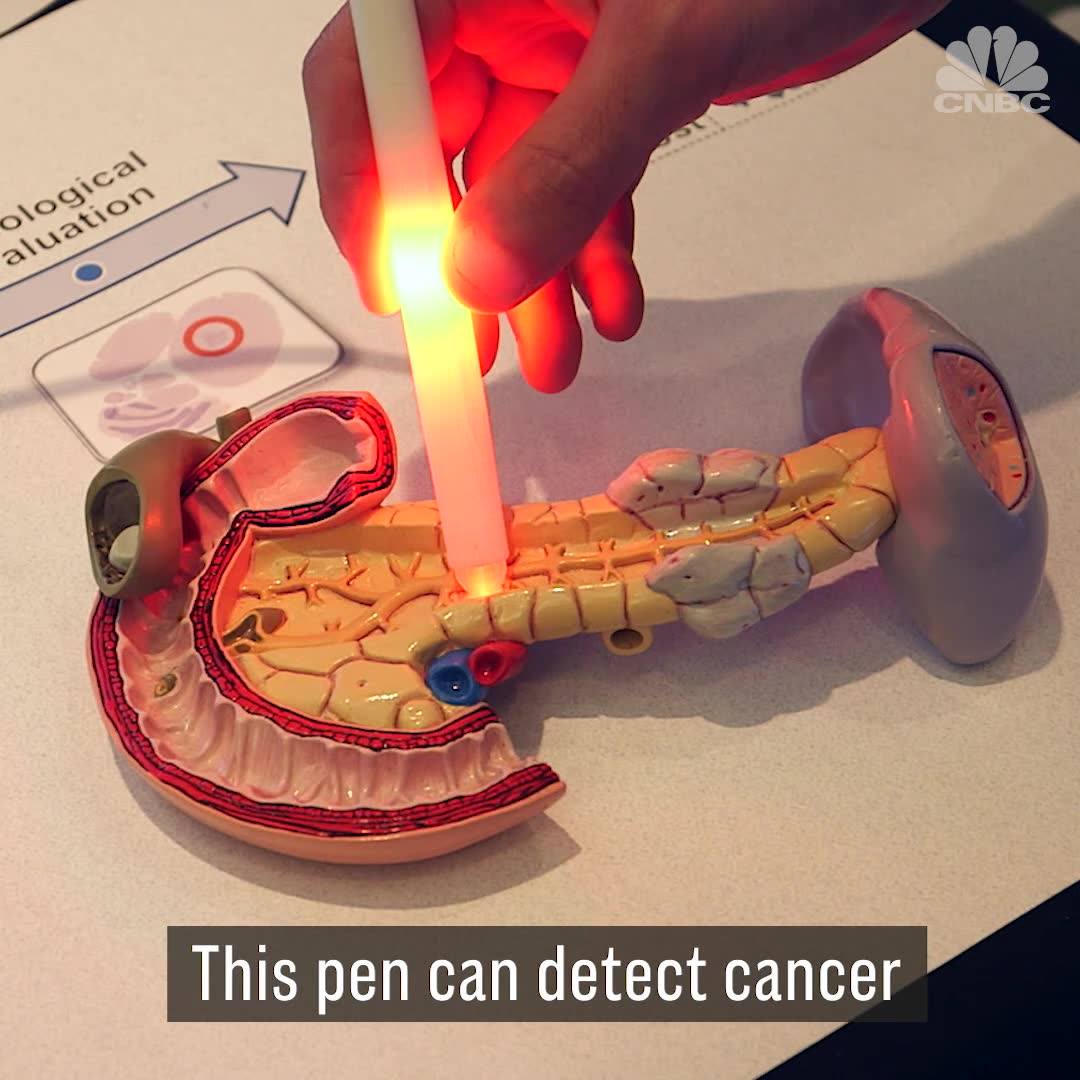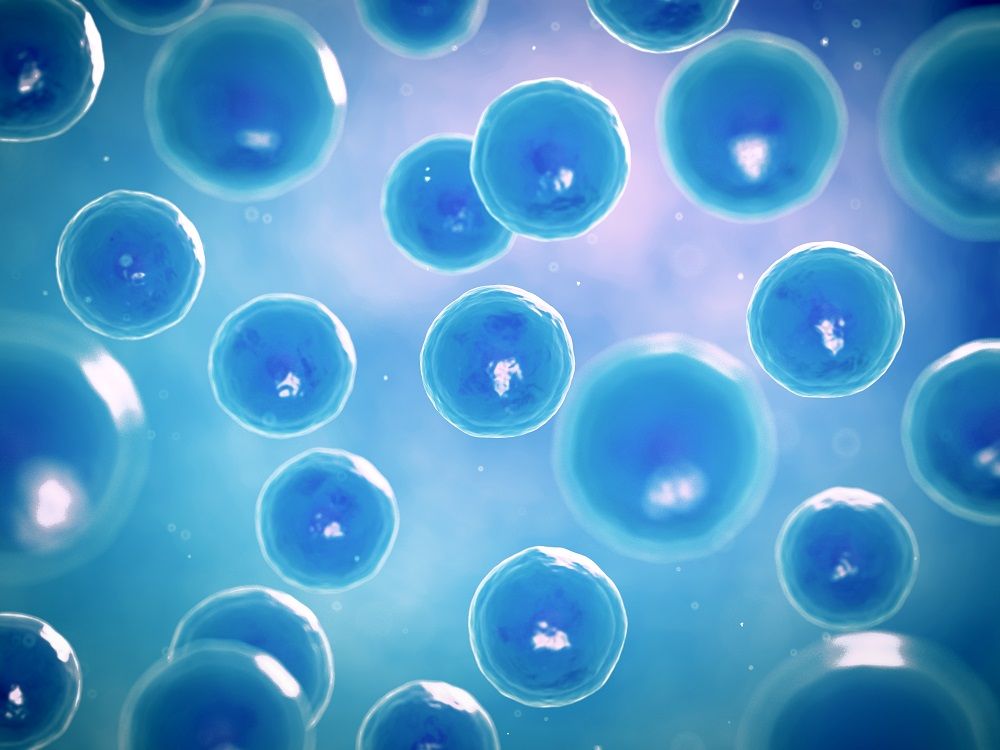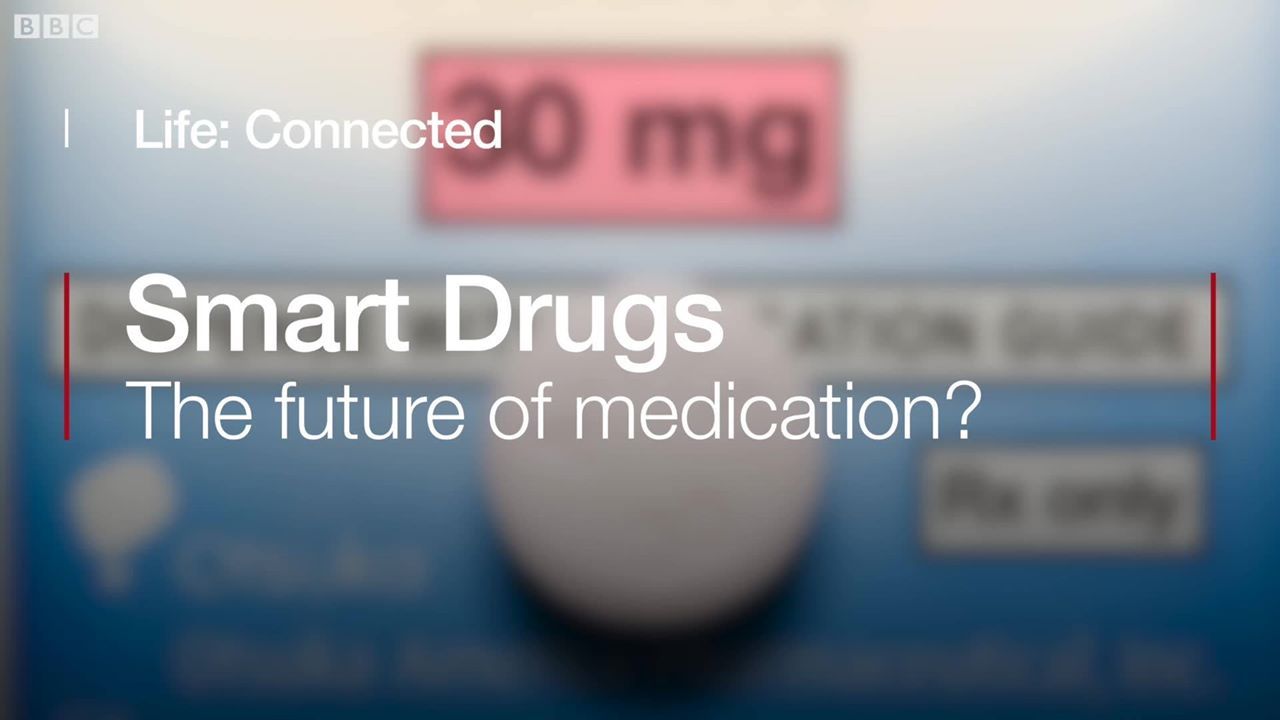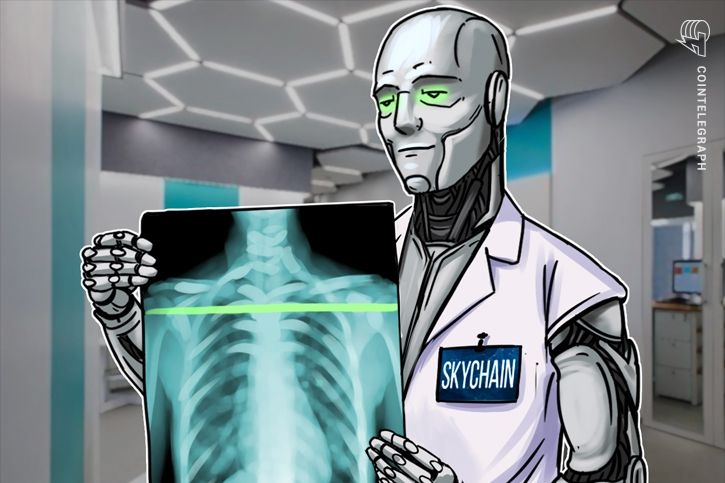Archive for the ‘biotech/medical’ category: Page 2379
Mar 27, 2018
An Experimental Superbug Killer Is a Tiny Step Closer to Saving Us From the Antibiotic Apocalypse
Posted by Genevieve Klien in categories: biotech/medical, futurism
A class of antibiotics heralded as an essential future weapon against drug-resistant superbugs passed an important test. There’s now evidence that they can be used to treat serious infections in live animals (in vivo) without being toxic.
Researchers created simplified, synthetic versions of teixobactin, a protein produced by certain dirt-loving bacteria that was first discovered in 2015. They tested the teixobactin in lab mice whose eyes were infected with one of several germs, including antibiotic-resistant strains of Staphylococcus aureus and Enterococcus. The most successful of these analogues was found to leave animal cells alone while still wiping out more than 99 percent of the bacteria in the infected eye.
The findings were published in January in the Journal of Medicinal Chemistry.
Mar 27, 2018
Protein Engineering May Be the Future of Science
Posted by Genevieve Klien in categories: bioengineering, biotech/medical, food, neuroscience, science
Scientists are increasingly betting their time and effort that the way to control the world is through proteins. Proteins are what makes life animated. They take information encoded in DNA and turn it into intricate three-dimensional structures, many of which act as tiny machines. Proteins work to ferry oxygen through the bloodstream, extract energy from food, fire neurons, and attack invaders. One can think of DNA as working in the service of the proteins, carrying the information on how, when and in what quantities to make them.
Living things make thousands of different proteins, but soon there could be many more, as scientists are starting to learn to design new ones from scratch with specific purposes in mind. Some are looking to design new proteins for drugs and vaccines, while others are seeking cleaner catalysts for the chemical industry and new materials.
David Baker, director for the Institute for Protein Design at the University of Washington, compares protein design to the advent of custom tool-making. At some point, proto-humans went beyond merely finding uses for pieces of wood, rock or bone, and started designing tools to suit specific needs — from screwdrivers to sports cars.
Continue reading “Protein Engineering May Be the Future of Science” »
Mar 27, 2018
Science Is Getting Us Closer to the End of Infertility
Posted by Genevieve Klien in categories: biotech/medical, science
In an era of artificial eggs and Crispr, anyone could become a biological parent to the healthiest baby.
Mar 27, 2018
Newly-discovered human organ may help explain how cancer spreads
Posted by Shane Hinshaw in category: biotech/medical
By Jessica Hamzelou
A newly discovered network of fluid-filled channels in the human body may be a previously-unknown organ, and it seems to help transport cancer cells around the body.
This discovery was made by chance, from routine endoscopies – a procedure that involves inserting a thin camera into a person’s gastrointestinal tract. Newer approaches enable doctors to use this procedure to get a microscopic look at the tissue inside a person’s gut at the same time, with some surprising results.
Continue reading “Newly-discovered human organ may help explain how cancer spreads” »
Mar 27, 2018
Chinese Scientists Clone Monkeys
Posted by Shane Hinshaw in categories: biotech/medical, futurism
Mar 26, 2018
This pen can detect cancer in 10 seconds during surgery
Posted by Shane Hinshaw in category: biotech/medical
Mar 26, 2018
Cellular Senescence in Cardiovascular and Metabolic Diseases
Posted by Steve Hill in categories: biotech/medical, life extension
Today, we wanted to bring your attention to a new open access paper. The authors here review the role of cellular senescence in the context of the cardiovascular and metabolic diseases of aging. This paper puts special focus on the aging of the vascular system and the role that accumulating numbers of senescent cells play in that process.
What is cellular senescence?
As the body ages, increasing amounts of cells enter a state of senescence. Senescent cells do not divide or support the tissues of which they are a part; instead, they emit a range of potentially harmful signals known collectively as the senescence-associated secretory phenotype (SASP). Senescent cells normally destroy themselves via a programmed process called apoptosis, and they are removed by the immune system; however, as the immune system weakens with age, increasing numbers of these senescent cells escape this process and build up.
Continue reading “Cellular Senescence in Cardiovascular and Metabolic Diseases” »
Mar 25, 2018
Are digital drugs the future of medication?
Posted by Shane Hinshaw in categories: biotech/medical, futurism
Mar 23, 2018
Blockchain System Aims to Identify Health Problems Using AI
Posted by Genevieve Klien in categories: biotech/medical, bitcoin, health, robotics/AI
According to the company, their diagnostics system has recently been tested and seemed to prove more accurate than real life doctors at spotting conditions in patients.
4170 Total views
187 Total shares
Continue reading “Blockchain System Aims to Identify Health Problems Using AI” »

